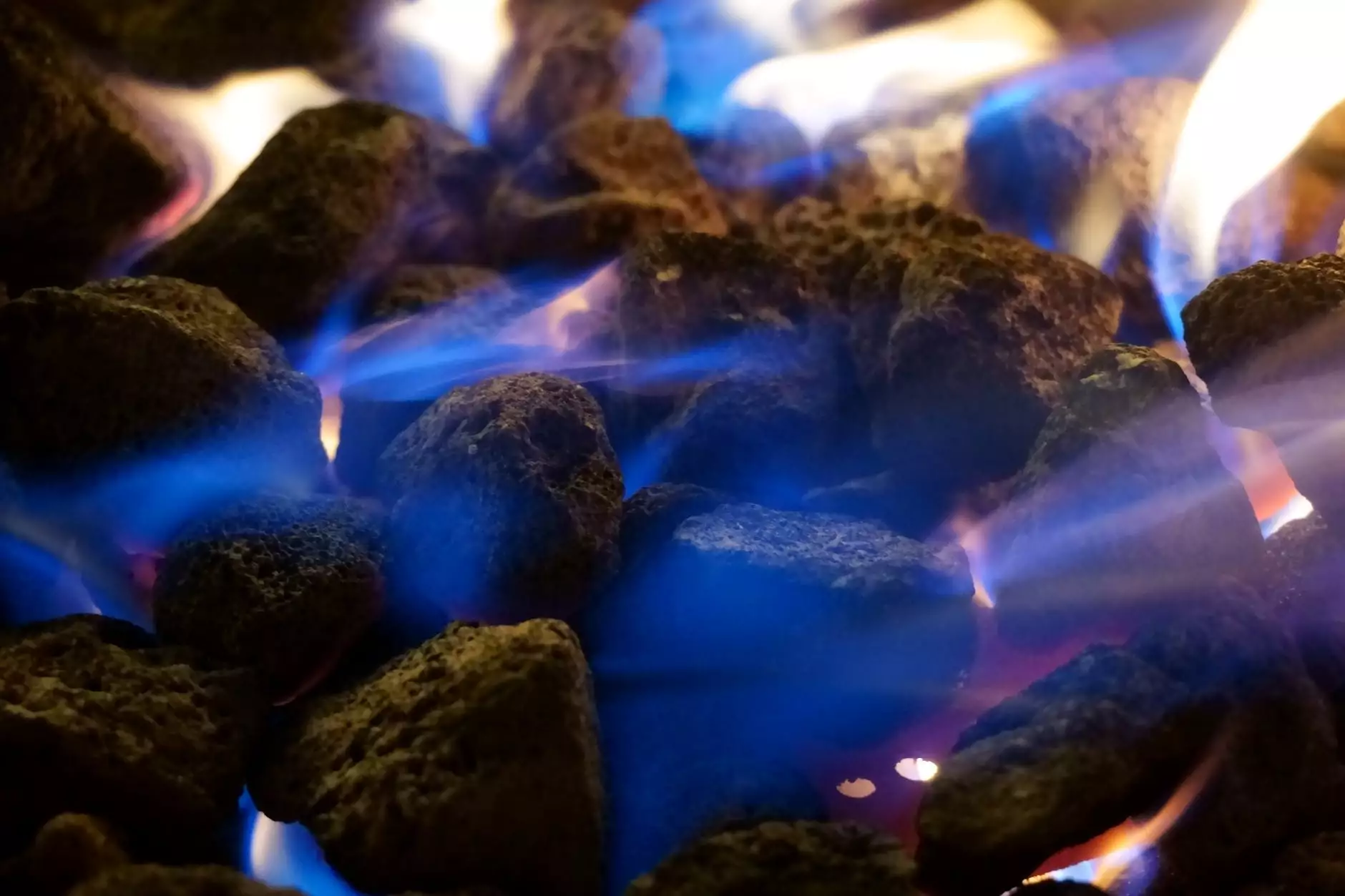Discover Affordable and Sustainable Energy Solutions with Cheap Wood Briquettes

If you are seeking efficient and cost-effective energy solutions, you might want to consider using cheap wood briquettes. This article explores the multifaceted benefits of wood briquettes, their manufacturing process, environmental impact, and how they can serve as an excellent alternative to traditional fuels. With the growing demand for sustainable energy sources, understanding the advantages of cheap wood briquettes is crucial for any consumer looking to enhance their energy usage while minimizing expenses.
What Are Cheap Wood Briquettes?
Cheap wood briquettes are compacted blocks of compressed sawdust and wood fibers that serve as a source of fuel. They are designed to burn efficiently while producing minimal smoke and harmful emissions. Often created from recycled wood materials, they provide an eco-friendly option for heating and cooking.
Manufacturing Process of Wood Briquettes
The production of cheap wood briquettes involves several steps:
- Collection of Raw Materials: Wood waste such as sawdust, wood chips, and shavings are gathered from wood processing plants, ensuring that no new trees are cut down for briquette production.
- Drying: The collected wood materials are dried to reduce moisture content. Properly dried material is essential for maximum energy efficiency during combustion.
- Compression: The dried wood is then subjected to high pressure and heat, causing the lignin in the wood to act as a natural binder, forming solid briquettes.
- Cooling and Packaging: Once pressed, the briquettes are cooled and packaged for distribution. Quality control measures ensure they meet industry standards.
Advantages of Using Cheap Wood Briquettes
Choosing cheap wood briquettes over traditional fossil fuels or logs comes with a myriad of benefits:
1. Cost-Effectiveness
One of the most appealing aspects of cheap wood briquettes is their affordability. They offer a more economical solution for heating your home, as they burn slowly and efficiently, resulting in lower fuel costs over time. Here are some financial benefits:
- Lower price per unit compared to wood logs or coal.
- Longer burning time due to higher density, requiring less frequent refueling.
- Potential for substantial savings on heating bills.
2. Environmental Benefits
Cheap wood briquettes are made from renewable resources and are considered carbon-neutral. Here’s why they are an eco-friendly choice:
- Made from waste materials, reducing landfill usage.
- Lower carbon emissions compared to fossil fuels, contributing to a reduced carbon footprint.
- Encourages the use of sustainable forestry practices.
3. High Heating Value
Briquettes possess a high calorific value, meaning they produce a significant amount of heat relative to their weight. This efficiency allows for:
- Faster heating times, enabling you to warm your space quickly.
- Less storage space required due to their compact size.
- Consistent heat output, making them ideal for both residential and commercial uses.
4. Clean Burning
Another notable advantage of cheap wood briquettes is their clean-burning nature. Unlike traditional wood, which can produce creosote and smoke, briquettes offer:
- Minimal soot and ash, leading to easier cleanup.
- Reduced smoke emission, improving air quality both indoors and outdoors.
- A more pleasant burning experience with less odor.
Applications of Cheap Wood Briquettes
The versatility of cheap wood briquettes allows them to be used in various applications, enhancing their appeal for both industrial and residential users.
1. Residential Heating
Homeowners frequently use wood briquettes in wood stoves, fireplaces, and pellet stoves. Their efficiency in producing heat makes them a popular alternative to traditional heating methods.
2. Cooking Solutions
In many cultures, briquettes are utilized for cooking. They provide a steady heat source for:
- Grills and barbecues.
- Outdoor ovens.
- Campsites for cooking meals.
3. Industrial Uses
Industries are also discovering the benefits of cheap wood briquettes for their large-scale heating needs. They can be employed in:
- Manufacturing facilities.
- Greenhouses for maintaining temperature.
- Power generation in biomass facilities.









